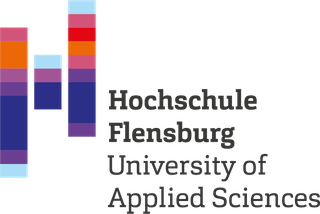Simulation of neck growth and shrinkage for realistic temperature profiles – Determination of diffusion coefficients in a practical oriented procedure.
Thomsen, F., Ebel, T., & Willumeit-Römer, R. (2019). Simulation of neck growth and shrinkage for realistic temperature profiles – Determination of diffusion coefficients in a practical oriented procedure. Scripta Materialia, 168, 6. http://doi.org/10.1016/j.scriptamat.2019.04.034
